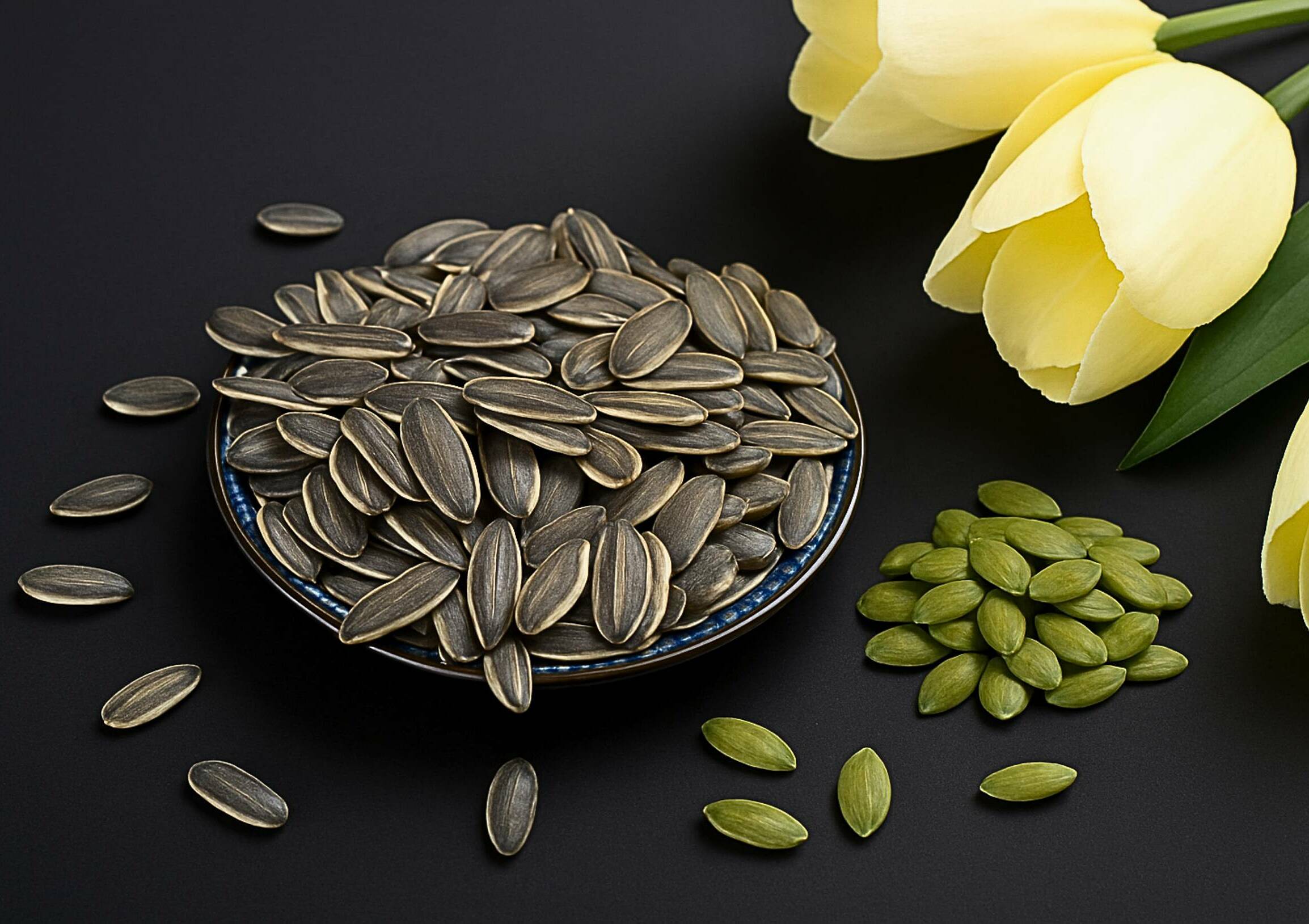Iron is an essential mineral involved in blood production and oxygen transport to tissues. Dr. Dao Thi Yen Thuy, Head of the Nutrition and Dietetics Department at Tam Anh General Hospital in TP HCM, says that each person needs 8-18 mg of iron per day, depending on age and gender. However, vegetarians, especially vegans, have a higher risk of iron deficiency than meat-eaters because they don't consume iron from animal sources, which are more readily absorbed. To ensure sufficient daily intake, Dr. Yen Thuy suggests six iron-rich plant-based foods that are easy to incorporate into meals.
Beans
Lentils, soybeans, red beans, and chickpeas are excellent sources of iron for vegetarians. 100 g of cooked lentils contains about 3.3 mg of iron, equivalent to nearly 20% of the daily iron requirement for adult women. Beans are rich in protein, fiber, and folate, which support red blood cell production, making them suitable for long-term vegetarians. When preparing beans, soak them before cooking to reduce phytic acid, a substance that can hinder iron absorption.
Dark leafy greens
Leafy greens such as spinach, amaranth, and kale are rich in iron and magnesium. One cup of boiled spinach provides about 3.6 mg of iron. These greens also contain vitamins K, A, and C, as well as antioxidants that benefit the immune and cardiovascular systems. Combine leafy greens with a source of vitamin C like lemon juice, oranges, or strawberries to enhance iron absorption.
 |
Pumpkin and sunflower seeds provide abundant iron, zinc, and magnesium, making them excellent for vegetarians. Photo: Phuong Thy |
Pumpkin and sunflower seeds provide abundant iron, zinc, and magnesium, making them excellent for vegetarians. Photo: Phuong Thy
Pumpkin seeds and other seeds
Pumpkin seeds, sunflower seeds, and sesame seeds are rich in iron, zinc, and magnesium. 28 g of pumpkin seeds can contain 4.2 mg of iron—almost as much as 100 g of beef. Vegetarians can sprinkle seeds on porridge, plant-based yogurt, or salads, or grind them into seed butter to spread on bread.
Mushrooms
Shiitake, oyster, and button mushrooms contain iron and natural umami, enhancing the flavor of vegetarian dishes. 100 g of dried shiitake mushrooms provides about 6-8 mg of iron, depending on the variety. Mushrooms also contain antioxidants and beta-glucan, which boost immunity and support metabolism.
Dried fruit
Dried apricots and raisins are high in iron, energy, and fiber. 100 g of dried apricots can contain almost 2.7 mg of iron. You can enjoy dried fruit as a healthy snack, combine it with other seeds and nuts, or mix it into oatmeal or granola to boost micronutrient content.
Whole grains and oatmeal
Whole grains like brown rice, whole-wheat bread, and oatmeal contain both iron and B vitamins. One cup of cooked oatmeal provides about 1.7 mg of iron. Combining oatmeal with calcium-rich plant-based milk, fresh fruit, and chia seeds makes an ideal breakfast for vegetarians.
Dr. Yen Thuy notes that iron from plant sources can be hindered by substances like polyphenols found in tea and coffee, or high doses of calcium. Therefore, for optimal absorption, vegetarians should combine iron-rich foods with sources of vitamin C like oranges, lemons, bell peppers, or strawberries at each meal. It's also advisable to limit tea and coffee intake immediately before and after meals to prevent reduced iron absorption.
Vegetarians experiencing symptoms such as persistent fatigue, pale skin, dizziness, brittle nails, or difficulty concentrating should consult a doctor to check their ferritin and hemoglobin levels. For those diagnosed with iron deficiency, doctors may prescribe iron supplements or intravenous iron if necessary. Never use iron supplements long-term without medical supervision, as they can cause side effects like constipation, nausea, liver damage, or impaired absorption of other micronutrients.
Phuong Thy
| Readers can submit nutrition questions here for doctors to answer. |












